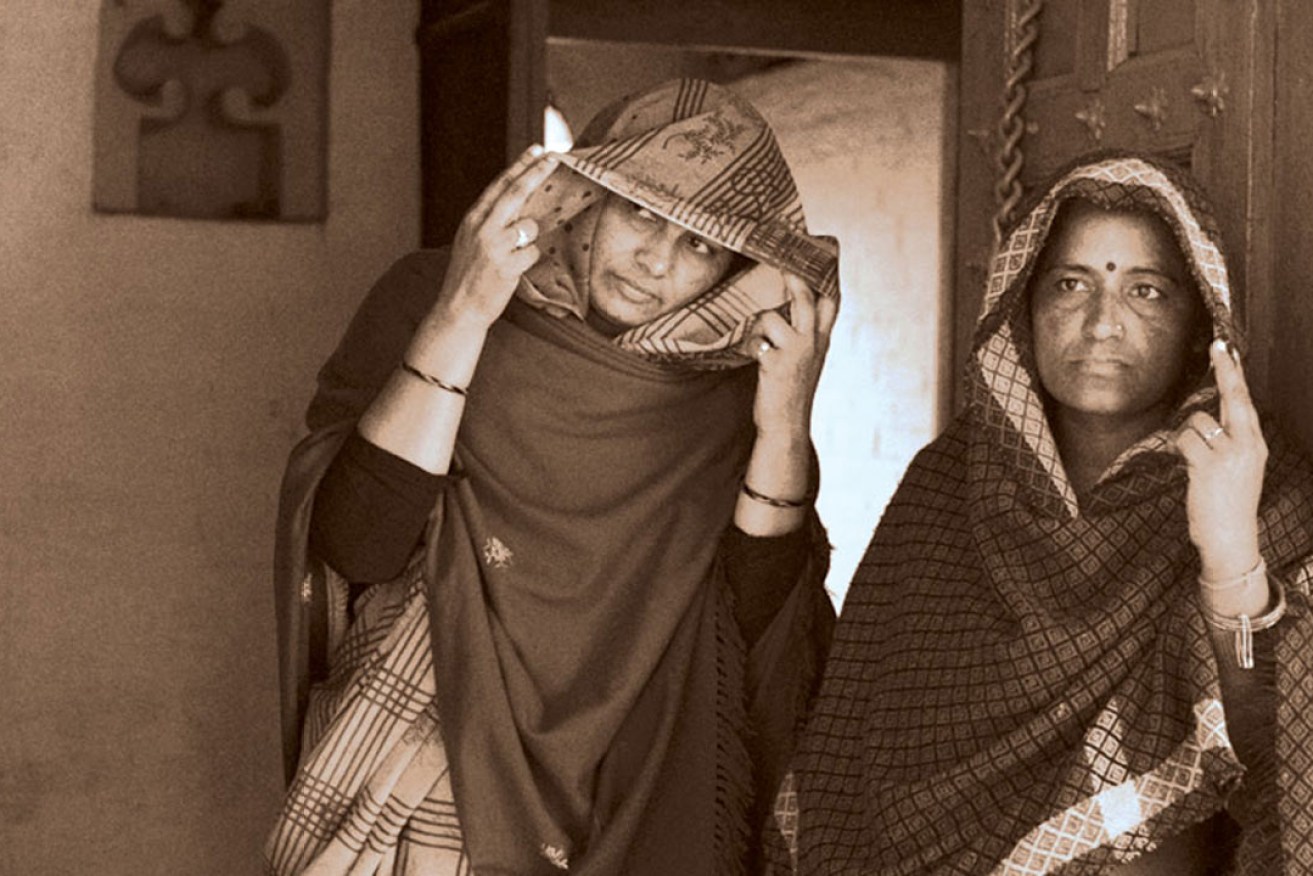OzAsia film review: Ashwatthama
Breathtaking cinematography and an overwhelming stillness are features of this powerful film which blurs the lines between fantasy and reality in its telling of a story set in a central Indian village, writes Peter C Pugsley.

When we think of Indian cinema we immediately conjure images of the song-and-dance spectaculars of Hindi-based, Bollywood cinema. That’s not the case with Ashwatthama, a film marked by its stillness. In the unforgiving dryness of central India, barely a breath of wind rustles in the trees.
Largely presented in crisp black and white, the cinematography is breathtaking. Beautifully-framed shots linger long after the action has passed.
Director Pushpendra Singh mostly relies on a single, firmly-mounted camera and infrequent slow pans. The stillness creates moods and tensions that shift from tranquil to stifling. You can almost feel the oppressive heat and humidity.
The lack of colour highlights the harsh landscape of scrappy vegetation littered with old ruins and barely habitable villages.
The story follows Ishvaku, played with exceptional restraint by Aryan Singh. Ishvaku is a quiet nine-year-old boy forced to live with his aunts and uncles. His young, speech-impaired cousin Laali becomes his constant companion.
Singh’s choice to use non-professional actors pays off handsomely in the film’s down-to-earth tone, the hardship writ large on the lined faces of the village elders.
The villages are susceptible to raids by gun-wielding dacoits (bandits). The primitive conditions of the pressed mud houses could be set at any time in history but for the occasional tractor, motorbike and generator, providing intermittent power to pump water from the well.
Superstitions and religious beliefs are a constant in the villagers’ lives. A shaman with a fortune-telling bull arrives, attracting the entire village all keen to see what the future holds.
Later, attitudes toward Laali are expressed when the family decide to send their children to school via a long trek through the barren landscape. Reflecting the thoughts of the villagers, her exasperated father exclaims: “What will they do with a deaf and dumb!”.
The focus on traditional rural village life highlights how gender roles go unquestioned. It is the women who must draw water from the well or cook on an open fire. When arrangements are made for Laali’s marriage (even though she is still a child), the women avoid eye contact with the men, offering furtive opinions behind their carefully placed veils.
The story is based around the oral telling of the ancient folktale of Ashwatthama, cursed by Lord Khrishna and forced to wander the land for eternity. Singh carefully weaves Ishvaku’s adventures around this tale, blurring lines between fantasy and reality.
Ashwatthama was made as a co-production with South Korea’s Busan International Film Festival as part of their regional incentive program. This is thought-provoking, powerful cinema. A gritty realist tale that explores righteousness, poverty and childhood.
Ashwatthama will screen at the Mercury Cinema on November 1, 3 and 11 as part of the film program during this year’s OzAsia Festival, which opens tomorrow. See the full line-up of films here, and read more InDaily OzAsia Festival stories and reviews here.




